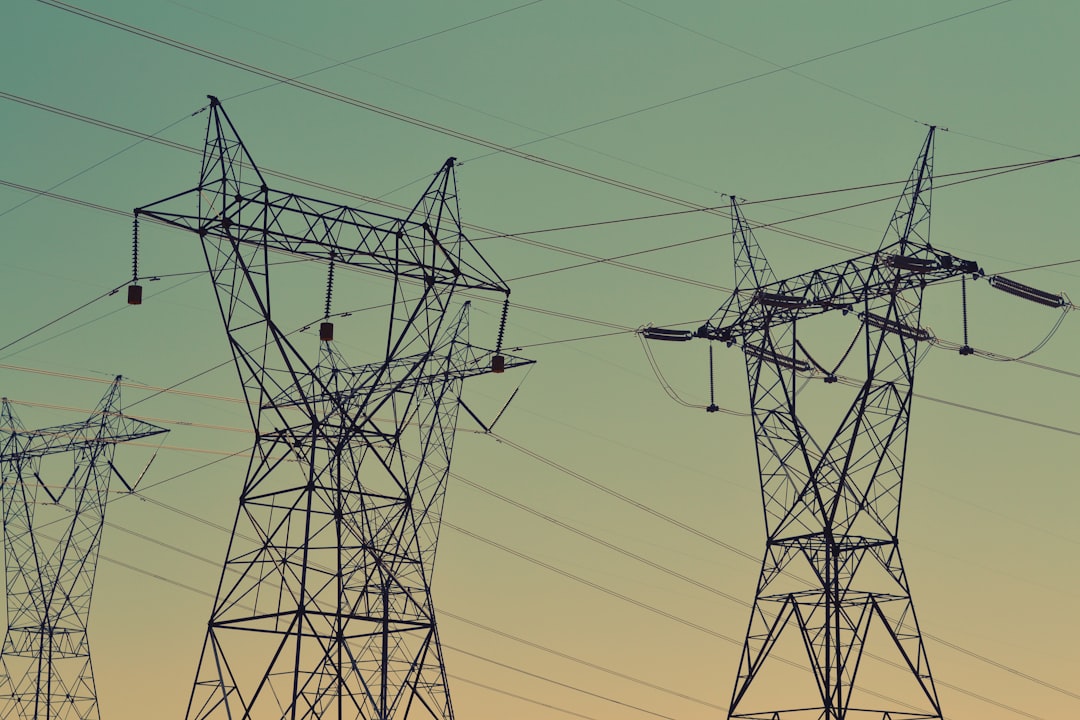Line Mechanic Kaimahi Waea Kawe Kōrero
Line mechanics install, repair and maintain overhead and underground power lines.
Line mechanics and cable jointers must be registered with the Electrical Workers Registration Board.
Line mechanics may do some or all of the following:
- erect or replace power poles
- string cables between poles, pylons and buildings
- install underground cabling
- test lines and circuits
- locate and repair faults
- repair and replace cables
- install electricity transformers
- connect equipment to an electric network
- maintain street lights.
Cable Jointer
Most people train first as a line mechanic and then gain additional qualifications in cable jointing. However, you can also train to become a cable jointer first.
Cable jointers need to have a New Zealand Certificate in Electricity Supply – Cable Jointer High Voltage, with an optional strand of up to 33KV (Level 4).
Cable jointers also need to register with the Electrical Workers Registration Board.
Physical Requirements
Line mechanics need to:
- have normal colour vision to distinguish between different circuits and cables
- have steady hands
- be comfortable working in confined spaces or at heights.
Useful Experience
Useful experience for line mechanics includes:
- electrical industries work
- work involving physical labour
- work using hand tools.
Personal Qualities
Line mechanics need to be:
- reliable
- able to work well in a team and on their own
- safety-conscious
- able to work well under pressure
- able to follow instructions.
Skills
Line mechanics need to have:
- knowledge of how electricity works, and the systems used in electrical networks
- technical and practical skills, including the ability to use and care for their equipment
- understanding of industry safety regulations
- the ability to read plans and maps
- first aid skills, including how to perform cardio-pulmonary resuscitation (CPR).
Conditions
Line mechanics:
- usually work regular business hours, but may be required to work longer hours, including early mornings and evenings, and be on call or do shift work
- work indoors or outdoors
- work in most weather conditions, including rain and snow, and may work at heights
- may travel locally for work.
Subject Recommendations
There are no specific secondary education requirements to become a line worker. However, maths and construction and mechanical technologies to at least NCEA Level 2 are useful.
Related Subjects
Line Mechanics can earn around $48K-$60K per year.
Chances of getting a job as a Line Mechanic are good due to a shortage of people interested in this type of work.
Pay for line mechanics varies depending on skills and experience.
- Line mechanics with up to five years' experience usually earn between minimum wage and $60,000 a year.
- Senior line mechanics with five or more years' experience usually earn $60,000 to $80,000.
- Line mechanics in team leader roles can earn up to $100,000.
Sources: Connexis and Hard Hat Recruits, 2020.
Line mechanics may move into team leader or managerial roles.
Line mechanics may specialise in the role of:
- Cable Jointer
- Cable jointers install and join high-voltage power lines.
Years Of Training
2 years of training required.To become a line mechanic you need to complete a New Zealand Certificate in Electricity Supply – Introductory (Level 2), and one of the following qualifications:
- New Zealand Certificate in Electricity Supply – Line Mechanic Distribution (Level 4).
- New Zealand Certificate in Electricity Supply – Transmission Line Maintenance (Level 4).
These qualifications usually take two years to complete and are done through on-the-job training and course work. Once completed, line mechanics need to apply for registration with the Electrical Workers Registration Board.
Most employers require you to have a driver's licence or a heavy vehicle licence if you need to drive a truck.

 John Paul II High School
John Paul II High School